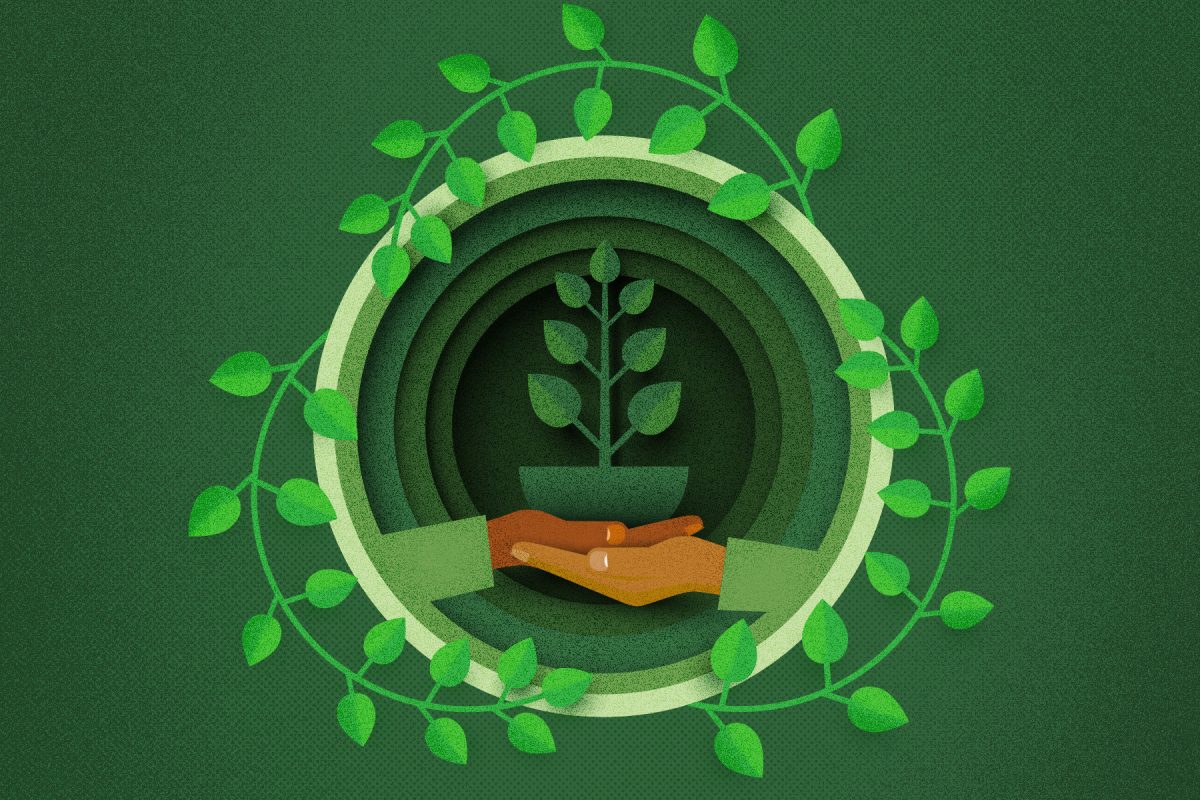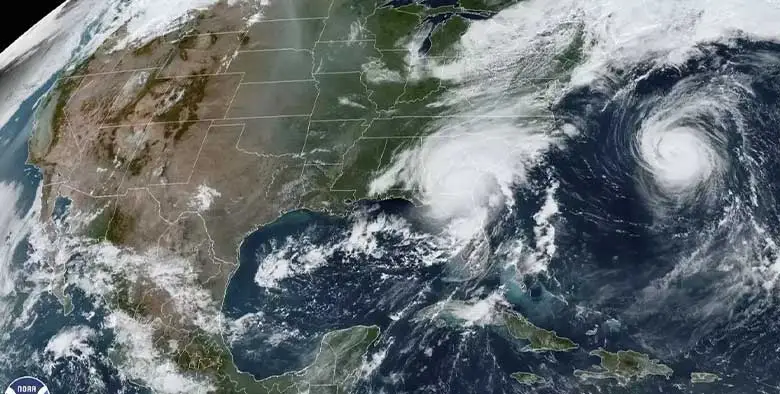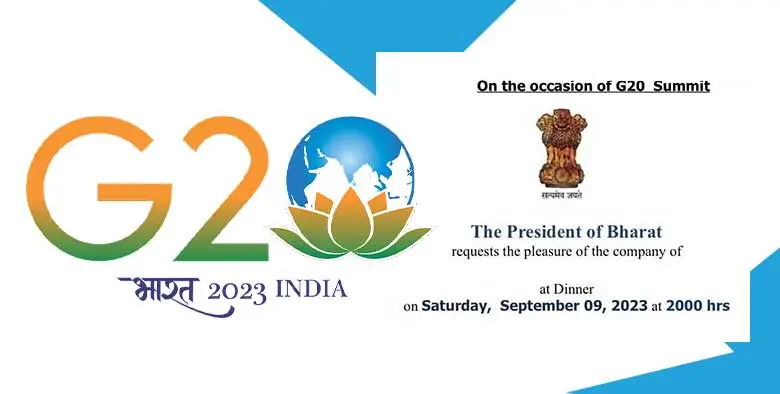Top Stories
- Know Everything About Nipah Virus, Which Is Back In Kerala Again
- Kevin Porter Jr Arrested On His Girlfriend’s Assault Charge
- Market Change Overnight - Know The 8 Things That Did It
- Who Are Alba Baptista And Chris Evans Married On The Weekend?
- Disrupted India vs Pakistan Asia Cup 2023 Match on Reserve Day
- 10 Common Foods That Contain No Calories or Are Very Low in Calories
- Men’s Styling Tips - Know the 9 Common Style Mistakes to Avoid
- Coco Gauff Beats Karoline Muchova and Reaches the US Open Final
- Danny Masterson Gets Life Sentence of 30 Years for Two Rapes
- Experience A Splendid Vacation in Kashmir with These 15 Gorgeous Sights
- India
- Saturday , July 27, 2024
- Last Published Sep 12, 2023, 6:48:32 PM

Guide To Zero Waste: Responsible Production And Consumption Of Products
Zero-waste, as a lifestyle change is gaining importance across the world as more and more people are switching to it, but what is exactly zero waste? How it aims to reduce the environmental impact? Keep on reading as we tell you about the ABCs of zero waste and how you can practice it!
What Is Zero Waste?
Zero waste basically means conserving all resources by practicing responsible production, consumption, reuse, and recovery of products. It also involves a policy of no burning or discharges of the product to land, water, or air that can induce environmental damage. In simpler terms, zero waste management ensures that no waste is generated in the first place, hence there is no need of taking measures to handle the waste.The Harsh Truth Of Humans Killing Mother Earth
Before adapting to a lifestyle change like zero waste, we must first look at the real picture to know about the seriousness of the problem. According to the facts stated on the World Counts Website, an average human being generates about 1 kg of waste every day. The trash that you keep out of your homes every day is taken to dumping grounds, where the waste is burned, leading to emissions of dioxins. Well, you don't need to estimate the amount of waste generated in an area, a state, a country, let alone your own society.An important fact: Your waste generation is definitely contributing to global warming.
About Zero Waste Management
Zero waste management mainly deals with reusing the items until they are fully utilized. Zero waste management is not only an end goal but a set of principles that you need to follow to eliminate any kind of waste generation. The concept may seem idealistic, but it is totally realistic. The basic aim is to ensure that the products remain in use for as long as possible before returning them to mother earth with little to no harmful effect.Impactful Tips And Tricks To Go Waste Free
- Practice composting.
- Carry reusable shopping bags and eliminate plastic shopping bags.
- Choose zero waste personal care and beauty items.
- Always carry a reusable water bottle, cup, and straw.
- Educate yourself and others about how to recycle products.
- Donate items in good condition instead of throwing them.
- Replace your plastic toothbrush with a bamboo toothbrush.
- Buy food without packaging or minimal packaging
- Choose the products that serve multiple purposes to cut excess junk.
- Replace disposable pads with cloth pads or a menstrual cup.
- Use technologies mindfully.
- Wrap gifts in newspapers or not at all.
- Ask yourself if you truly need a product before buying it.
The switch might take longer, but once you are on the other side of the road, every effort will be counted.












